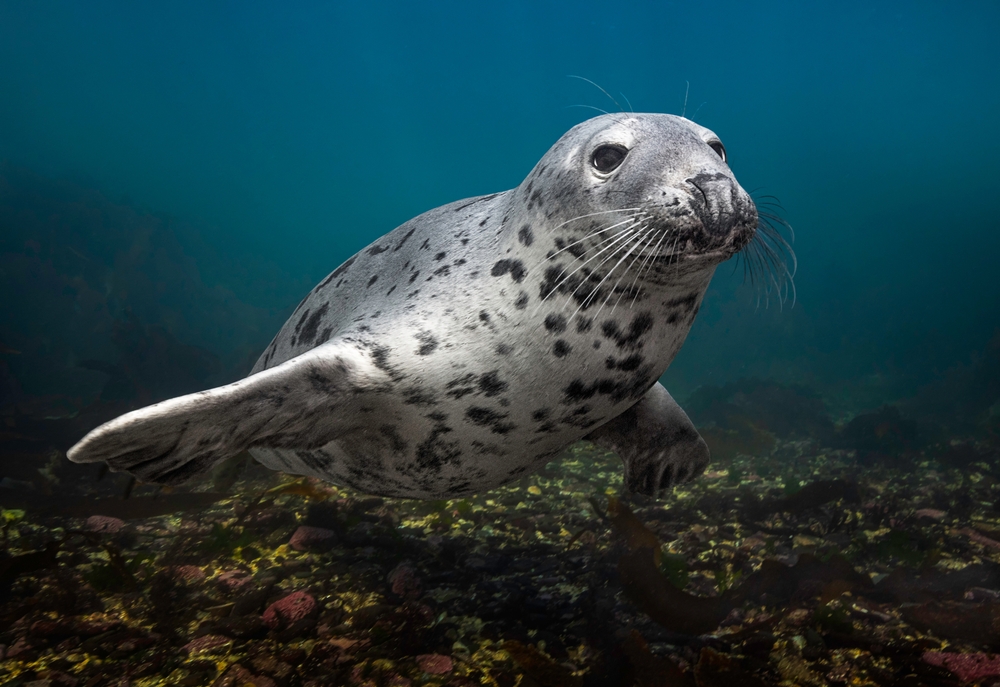Now Reading: How Seals Hold Their Breath for Over an Hour
-
01
How Seals Hold Their Breath for Over an Hour
How Seals Hold Their Breath for Over an Hour

Quick summary:
- Background: Marine mammals, unlike humans, possess remarkable adaptations that allow for extended breath-holding in aquatic environments.
- Study findings: A study by teh Sea Mammal Research Unit at the University of St. Andrews revealed that wild seals directly sense their blood-oxygen levels, unlike humans who depend on CO2 levels to trigger breathing.
- Experiment Details: Six juvenile grey seals were studied using a controlled habitat where oxygen and CO2 levels were manipulated to monitor their diving behavior.
– Results showed dive durations were linked primarily to oxygen levels, not CO2 concentrations.
– Even under high CO2 conditions, dive times remained consistent. Altering oxygen considerably affected dive durations.
- Evolutionary Insight: seals’ ability to perceive blood oxygen directly may have evolved as an adaptation critical for underwater survival. This likely applies to other marine mammals with similar diving needs.
Indian Opinion Analysis:
This study provides a captivating insight into evolutionary biology and its implications for understanding both aquatic and terrestrial life forms. The finding that seals prioritize direct oxygen sensing over typical CO2-based cues challenges conventional perspectives on mammalian respiratory systems. for India-a country surrounded by vast coastlines and rich marine biodiversity-such research underscores the importance of studying adaptive traits in aquatic species.
Understanding these mechanisms could have scientific meaning across multiple disciplines, from improving human freediving techniques to developing strategies for marine conservation efforts within Indian waters. As India’s focus on marine research grows with initiatives like ‘Blue Economy,’ advancing knowledge about oceanic ecosystems can provide long-term benefits in balancing ecological sustainability with economic opportunities.























